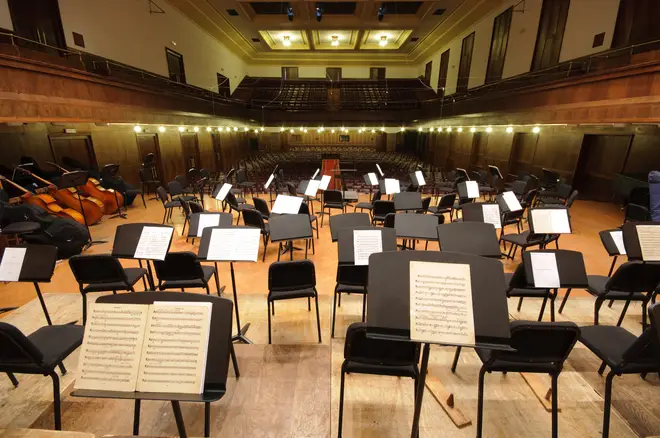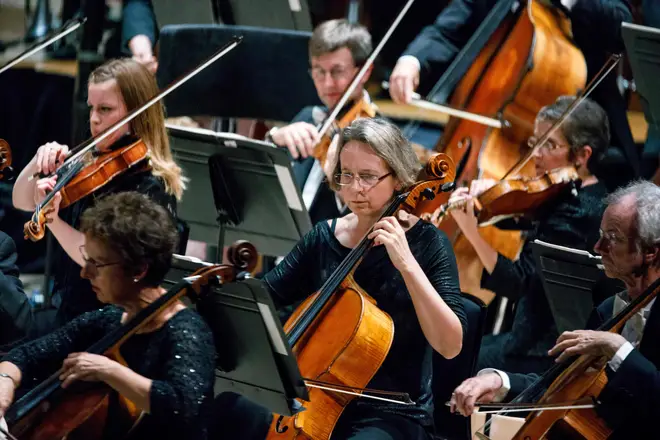On Air Now
Relaxing Evenings with Zeb Soanes 7pm - 10pm
20 August 2020, 11:52

Professional arts bodies warn that with freelance payments cut off and venues unable to pay performers, musicians and artists will be left with no choice but to change career.
An open letter signed by over 120 creative bodies, including heads of London Symphony Orchestra, BRIT Awards and Guildhall School of Music & Drama, has been sent to the Chancellor in response to the announcement that socially-distanced live indoor performances can take place from 15 August.
The letter, drawn up by professional body, the Incorporated Society of Musicians (ISM), and performing arts union, Equity, urges Rishi Sunak to extend financial support for freelancers working in arts and creative industries until Spring 2021.
Heads warn that without further aid, “our sector risks an exodus of talent and a sudden decline”.
The government’s £1.57 billion arts support package has been welcomed by arts venues across the country. However, they are concerned that none of the fund so far has been promised to freelancers.
Freelancers make up approximately one third of the creative industries workforce. In the case of musicians and performers, they make up the majority.
Read more: What are the latest rules for rehearsals, concerts and music venues? >

The government has now given the green light for concert halls and theatres to reopen, with social distancing to help contain the spread of coronavirus.
But, the letter urges, because of the financial hardship venues are facing – with reduced audiences and the admin required for venues to safely put on a show – the number of live performances will be drastically reduced in the current climate.
To support freelancers while work is running dry, organisations are calling on the government to extend the SEISS scheme, which runs out in September. The first grant in May saw £7.8bn in taxable grants claimed by around 2.5m people. A second is now available to claim from Monday, for which 3m people are thought to be eligible.
The letter recognises how the scheme has supported freelance artists so far, but says new graduates, international artists, parents and carers, and working-class artists have disproportionately missed out on any support.
And from September onwards, even those eligible for the second payment will be left with nothing. “Every single freelance creative will be without government financial support and unlikely to be able to return to their work in full. This will be devastating for them, and for the industry,” the letter says.

Outdoor concerts, plays and opera get government go-ahead
The letter warns arts workers could have no choice but to change career. “Without further targeted government support for freelancers, many of our most talented creatives will be forced – because of circumstances beyond their control – to leave their professions. This would be all our loss as well as theirs.”
Deborah Annetts, the ISM’s chief executive, said many of their members are “in despair” over their future.
“The reality of socially distanced performances means that most venues simply cannot afford to reopen leaving the vast majority of musicians without work. Musicians are in desperate financial difficulty. Some are leaving the profession while others are working as delivery drivers to make ends meet. This is not the way to look after our talented musician workforce.
“If the government does not support actors, musicians and technicians until they can work again in those venues, then we are looking at the devastation of the performing arts and an exodus of highly skilled talent.”
A government spokesperson told The Guardian: “We are doing everything we can to support the arts sector during this crisis. Around 75,000 people who work in the arts have received more than £200m in government grants though our self-employment support scheme – with a second payment now available to those in need.”